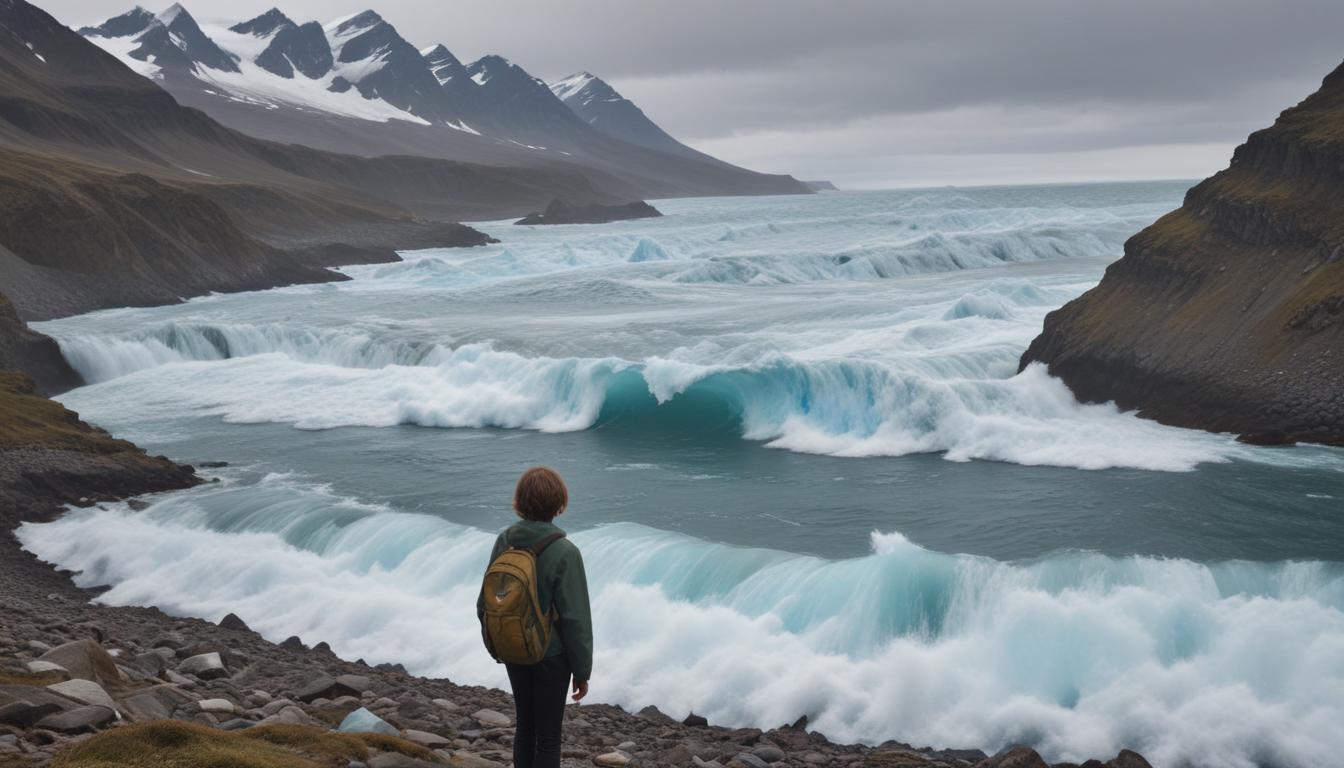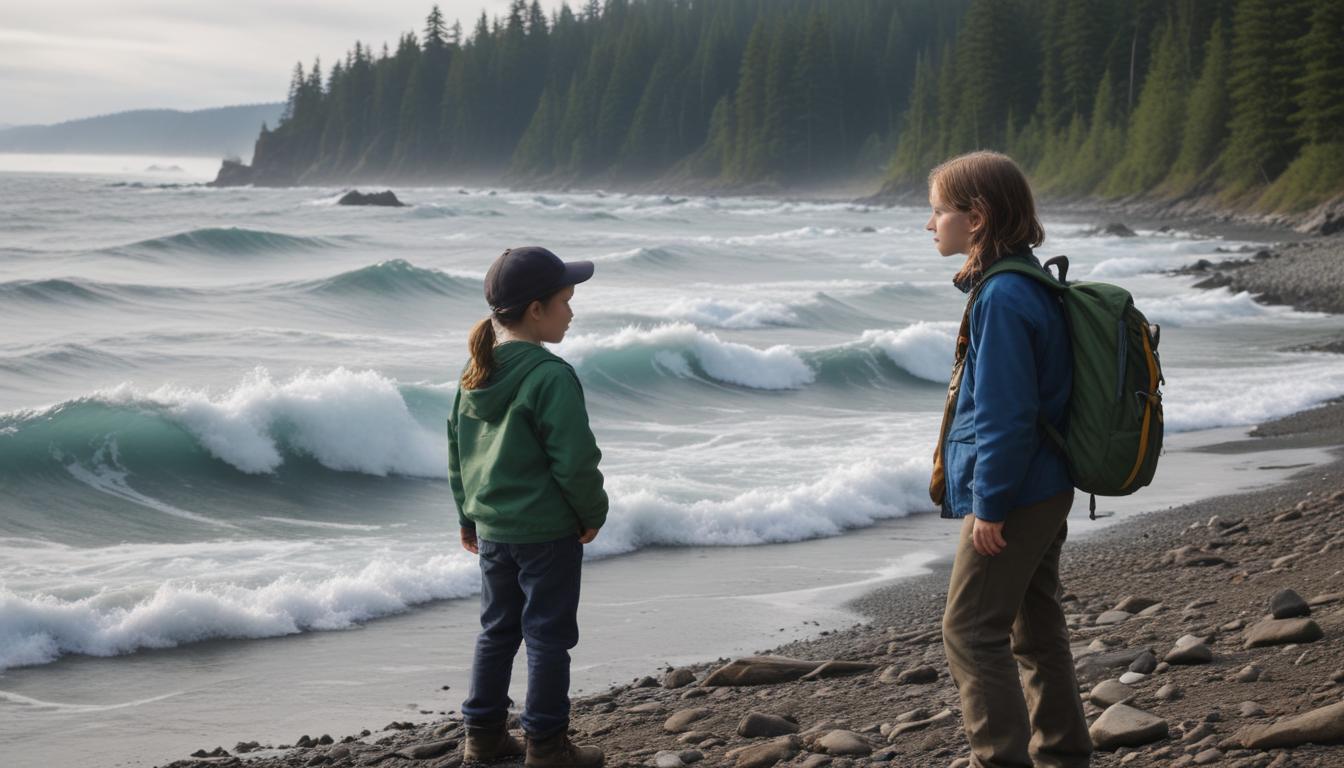Now Reading: Educating Future Planet Protectors
- 01
Educating Future Planet Protectors
Educating Future Planet Protectors

The Power of Knowledge Nurturing a Generation of Environmental Stewards
Do you ever feel a wave of environmental anxiety when you see headlines about melting glaciers, sprawling landfills, or endangered species? It’s easy to feel overwhelmed, like a single person’s efforts are just a drop in a vast, polluted ocean. You change your lightbulbs and sort your recycling, but the nagging question remains “Is this really enough to make a difference?” This feeling of helplessness is a heavy burden, leaving many feeling disconnected from the very planet they call home.
The answer to this environmental anxiety isn’t found in simply doing more, but in understanding more. The most powerful tool we have to heal our planet is education. Education for environmental stewardship transforms that feeling of helplessness into a sense of purpose and empowerment. It’s the bridge between knowing there is a problem and understanding your unique role in the solution. It equips you not just with a list of rules to follow, but with the critical thinking and deep-seated motivation to become a genuine guardian of the natural world.
Understanding Environmental Stewardship Education
So, what exactly is education for environmental stewardship? It’s far more than memorizing the different types of plastic or learning facts about the Amazon rainforest. It is a holistic and transformative learning process that helps us understand and appreciate our intricate connection to the planet. This educational approach weaves together science, ethics, economics, and social studies to present a complete picture of our world and the challenges it faces. It moves beyond the classroom, encouraging hands-on experiences and real-world problem-solving.
The ultimate goal is to cultivate a profound sense of personal responsibility for the environment. It is not about training an exclusive group of environmental scientists, but about fostering an environmental conscience in everyone, regardless of their profession or stage in life. An architect educated in stewardship will design sustainable buildings, a CEO will prioritize ethical supply chains, and a parent will raise children who value and respect nature. This education builds a foundation for a lifelong commitment to making choices, big and small, that support a healthy, thriving planet for generations to come.

The Core Pillars of Effective Environmental Learning
To be truly effective, environmental education must be built on a few essential pillars that work together to create informed and active stewards.
Fostering Ecological Literacy
The first pillar is fostering ecological literacy. This is the fundamental ability to understand the natural systems that make life on Earth possible. It’s about grasping core concepts like the water cycle, the flow of energy through an ecosystem, the importance of biodiversity, and the carbon cycle. Without this basic literacy, our environmental efforts can be misguided. It is the language of nature, and learning it allows us to read the world around us and understand the consequences of our actions.
Developing Critical Thinking and Problem-Solving
Building upon that foundation is the development of critical thinking and problem-solving skills. The world’s environmental challenges are complex and interconnected; there are rarely simple, one-size-fits-all solutions. A strong educational framework teaches us to analyze information, question assumptions, and see the bigger picture. It empowers us to understand the systemic roots of issues, from the link between consumer demand and habitat loss to the social justice implications of pollution. This skill set moves us beyond simply following instructions to becoming innovators who can contribute to meaningful change.
Inspiring Action and Responsibility
Finally, all knowledge must lead to action and a sense of responsibility. This is where learning becomes stewardship. Education must inspire and empower individuals to get involved. This engagement can take many forms, from adopting sustainable habits at home to participating in community conservation projects, advocating for better environmental policies, or supporting businesses that prioritize sustainability. It is about closing the gap between awareness and action, ensuring that our understanding translates into a tangible, positive impact on the world around us. This pillar transforms passive learners into active agents of change.
The Ripple Effect of Educating for a Sustainable Future
The impact of environmental education extends far beyond the individual. Every person who becomes an informed and active environmental steward creates ripples of change that spread through their communities. They become role models for their friends and family, bring sustainable ideas into their workplaces, and support local initiatives that protect and restore natural spaces. This grassroots momentum is essential for building a broad cultural shift towards sustainability, creating a society where environmental responsibility is the norm, not the exception.
Ultimately, education is our most hopeful and powerful strategy for securing a sustainable tomorrow. It addresses the root of our environmental crises—a disconnect between humanity and the natural world. By teaching ourselves and the next generation to understand, value, and care for our planet, we are not just solving problems; we are building a better future. The path forward begins with a commitment to learning. Seek out documentaries, read books, join a local nature group, or simply take the time to observe the ecosystem in your own backyard. The future is not set in stone; it is a world we are actively creating with every informed decision we make.


































